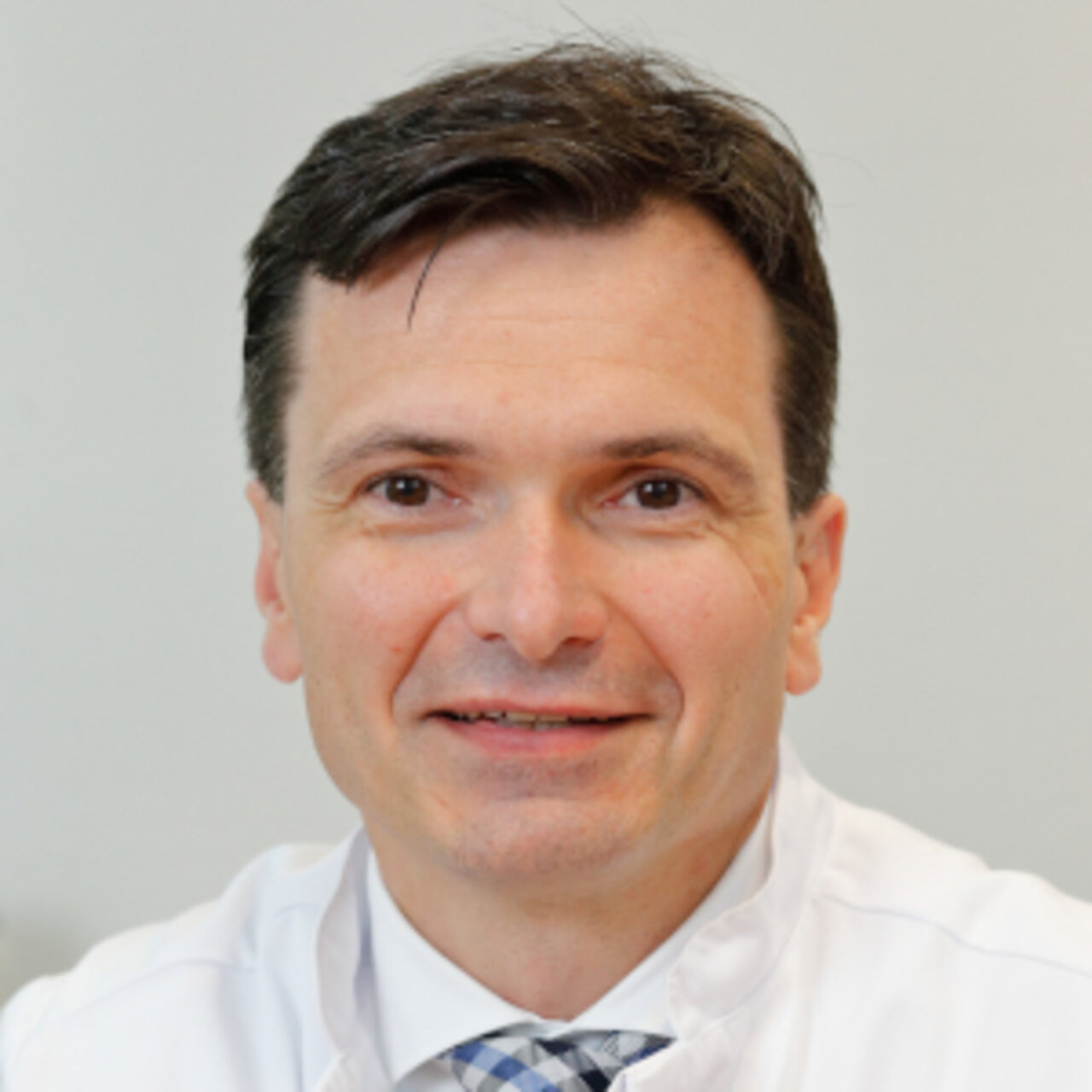Specialists in Bypass Surgery
2 Specialists found
Information About the Field of Bypass Surgery
What is a Bypass Surgery?
Bypass surgery is a heart procedure in which narrowed or blocked coronary vessels are bridged by inserting healthy blood vessels. Bypass surgery is one of the most common methods for treating circulatory problems of the heart. It is carried out in the advanced stages of the peripheral arterial occlusive disease, coronary heart disease, and after a myocardial infarction.
When Does a Heart Bypass Become Necessary?
Bypass surgery is necessary if one or more coronary vessels are severely constricted or blocked, and there are considerable circulatory problems with the heart. These are often so far advanced that drug treatment or balloon dilatation of the narrowed vessels is no longer an option. In such cases, coronary bypass surgery can restore the blood supply to the heart, which can improve the life expectancy and quality of life of heart patients.
In 90% of patients operated on, angina pectoris symptoms are significantly relieved or disappear. However, whether the patient is offered bypass surgery also depends on the chances of success of the procedure. As this is a stressful procedure, the benefits and risks must be carefully weighed up in advance by the cardiologists and cardiac surgeons treating the patient. Risks that speak against bypass surgery are the extent of the heart damage, the condition of the vessels, and other concomitant diseases. The age of the patient is not as decisive as the general condition.
What is the Procedure of a Bypass Surgery?
The standard bypass surgery is carried out under general anesthesia using a heart-lung machine. As a bridging vessel, either the mammary artery (because of its proximity), arm artery, or leg vein is used.
First, the heart surgeon opens the thorax, while at the same time, another one exposes the mammary wall artery or removes the corresponding vessel from the arm or leg. The heart-lung machine is connected, and the heart is stopped. The bridging vessels and the coronary arteries are stitched together. Depending on the number of constrictions, several bypasses can be placed. After that, the doctor removes the heart-lung machine and closes the chest.
Minimally Invasive Bypass Surgery
In recent years, two surgical techniques have been developed that allow a bypass of the heart without using the heart-lung machine. The bypasses are placed on the beating heart of the patient. The procedures are called:
- MIDCAB technique (minimally invasive direct coronary artery bypass)
- OPCAB technique (off-pump coronary artery bypass)
With the MIDCAB technique, the sternum is not opened, the heart is accessed via an incision between the ribs of the left rib cage. In this minimally invasive bypass surgery, however, only the coronary arteries of the anterior wall of the heart are accessible.
In the OPCAB technique, access to the heart is gained by cutting through the sternum without using the heart-lung machine. In principle, the coronary arteries of the rear wall of the heart can also be reached in this procedure. However, the pumping capacity of the heart may be impaired during surgery if the heart has to be rotated out of its position, so using the heart-lung machine becomes necessary.
Finally, only the medical team can decide which surgical procedure promises the best surgical result for the patient. As both methods require a surgical team’s high skills, they are only offered at heart clinics with experienced heart surgeons and anesthetists. The patients are also carefully selected. The well-being of the patient and the best possible surgical result are the top priority when choosing the bypass procedure.
How Long Does a Bypass Surgery Take and How Long is the Inpatient Stay?
Coronary bypass surgery usually takes three hours. The duration of the surgery depends on the number of bypasses to be set and possibly occurring complications. After the surgery, the patient spends 2 to 3 days in the intensive care unit. During this time, the risk of a too low heartbeat is minimized with the help of a pacemaker. If no complications occur during this time, the patient is transferred to a general cardiological ward, where he or she is monitored for up to three weeks. Usually, follow-up treatment in a rehabilitation clinic is recommended.
What Complications Can Occur?
Coronary bypass surgery is a safe and established procedure that has been tried and tested for decades. But as with any surgical procedure, complications can occur. These are:
- Secondary bleeding
- Sudden vascular occlusion with a myocardial infarction
- Symptomatic transitory psychotic syndrome: cerebral perfusion disorders
- Wound healing disorders
- Pericardial effusion
- Pleural effusion
- Infections
- Pain
What is the Life Expectancy after Bypass Surgery?
Bypass surgery is one of the most common heart surgeries and can also be carried out in old aged patients. However, the severity of the surgery and the surgical risks should not be underestimated. For every patient, the transfer of a bypass is a very stressful procedure, after which the patient is weakened for several weeks.
Pain and discomfort, such as a feeling of pressure or numbness, may be reasonable for up to 6 months after the surgery. To speed up the rehabilitation, physiotherapy will be started a few hours after the surgery.
The extent of the heart defect caused by previous infarctions is decisive for the excellent process of the surgery. In two to five percent of cases, a myocardial infarction can occur during the surgery, in which case a proper process of the surgery is much more likely since such an incident can be treated quickly during the procedure.
A healthy lifestyle is essential for a good prognosis after the operation. A lot of exercises, a healthy diet, and avoiding risk factors such as nicotine and alcohol are the best supporters on the way to long-term recovery.
Which Medical Specialists and Clinics Are Specialists for Bypass Surgery in Germany and Switzerland?
Anyone who needs a bypass wants the best medical treatment. Therefore, the patient is wondering where to find the best clinics for bypass surgery or the best heart clinics in Germany, Austria, and Switzerland?
As this question cannot be answered objectively, and a reputable doctor would never claim to be the best one, we can only rely on the experience of a doctor or a clinic. The more bypass surgeries a doctor carried out, the better he will become in his specialty.
Therefore, specialists in bypass surgery are heart surgeons who have many years of surgical experience in this field. Above all, minimally invasive surgeries are only offered at specialized heart centers.
Sources:
- Herold, Gerd: Innere Medizin. Köln, Eigenverlag 2012.
- Arasteh, K. ; Baenkler, H.-W. ; Bieber, C. ; et al.: Innere Medizin. Stuttgart, Georg Thieme Verlag KG 2009.

